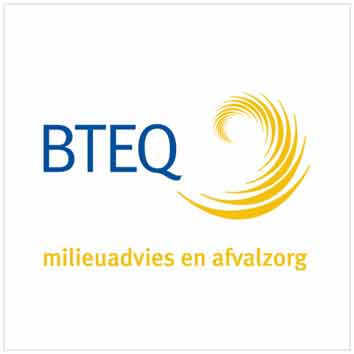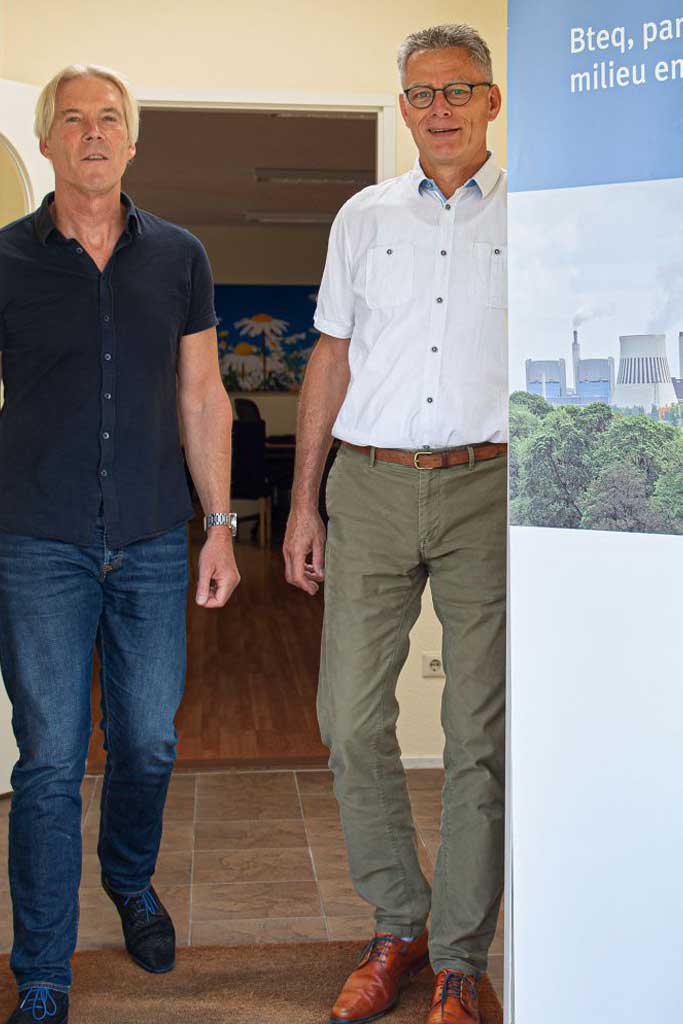
Environmental Advice
Bteq
Environmental Advice
BTEQ provides consultancy services and training programmes on waste and the environment. The business began in 2009 following a merger between Muntinga Environmental Management and Thomassen Environmental Advice, combining the talents of engineers Gilian Boissevain and Henk Tomassen who had both built up a wealth of knowledge and experience over many years.
Products and services
BTEQ offers bespoke advice to companies and (local) government departments. It guides clients through the complex maze of regulations to ensure that plans meet all legal requirements. Managing director Gilian Boissevain: “`it is a fine feeling when a difficult or seemingly impossible situation is resolved thanks to our involvement”. Recognition came when BTEQ was invited to join the acquisition team of an industrial estate in the Betuwe, when other firms directly involved in environmental legislation were passed by”.
Recycling metal dust
BTEQ has unique expertise in recycling iron powders, granules and iron sludge. 20,000 tons of the stuff is discarded by Dutch production and metal companies annually. This is currently disposed of as general waste at a huge cost.
BTEQ has developed a process to re-work this waste for use in blast furnaces. It is treated at a plant in Venlo then transported to a blast furnace in Duisburg, Germany, where it is turned into new metal. Gilian: “Our German partner has to comply with extremely stringent environmental regulations governing metal dust and our process conforms with all the legal requirements. The finished product has 98% iron content, compared to 50% in iron ore. Our plan is to set up our own processing plant in Duisburg and scale up processing there considerably. We also want to build plants in Belgium and the UK”.
Processing cutting sand
BTEQ has also developed a new technique to recycle sand and glass discarded during water jet cutting. This method involves cutting iron plates with a high-pressure water jet to which sand or glass is added. After cutting, the water is collected and filtered but the sand and glass left behind is discarded. This new technique allows residue to be processed to create raw material for road construction. The potential market is huge – 10,000 tons of sand and glass a year are discarded in The Netherlands alone. The first international contacts have been made to further develop this.

